Herpes Overview
Like with any other disease, with herpes too it is important to know which foods speed up the clearing of the infection and which contribute to the dwelling of the virus for longer.
For example, during a herpes infection it is recommended to eat more foods rich in L-lysine and to avoid those with arginine.
Herpes is the name used for infections caused by Herpes simplex virus. The most common forms of infection are oral herpes and genital herpes. In both cases the symptoms include blisters with burning or itching sensation and redness, which occur commonly in the mucous membrane of the affected area, but they can also spread to the surrounding skin.

Since herpes is a virus, the medication can only be effective to a certain extent and the infection tends to reoccur. This is why it is important to adopt a diet which will accelerate the healing and prevent future outbreaks of the infection.
There are two amino acids that regulate the herpes outbreaks. Those are L-lysine and L-arginine. The recommended diet for people who suffer from herpes is high in lysine and low in argine. Lysine is known to block the metabolism of arginine, and the virus needs arginine in order to replicate itself.
Foods to Avoid With Herpes
The blisters caused by herpes simplex virus, which can appear anywhere in the genital and rectal region, or, in case of oral herpes, on lips, can be reduced and cured by avoiding certain foods, namely those that are rich in arginine. Those foods include dark leafy vegetables, shrimps, crabs, lobster, brown rice, chocolate, coconut, coffee, gelatin, pistachios, walnuts, hazelnuts, pecans, chickpeas, cashews, onions, oatmeal, sunflower seeds, sesame seeds, and pumpkin seeds.
In addition to this, persons who have either genital or oral herpes should avoid processed foods, sugars, candy, snacks, sodas, vinegar, alcohol and animal protein.
Foods to Eat With Herpes
Foods that are highly recommended for those who are suffering from herpes are the foods that are rich in L-lysine. Those foods include fish, chicken, turkey, beef, pork, cheese, soy, eggs, broccoli and cabbage.
Freshly squeezed fruit and vegetable juices are also highly recommended during herpes outbreaks. The same goes for herbal teas, which have amazing antiviral properties. It is also recommended to drink plenty of water, preferably six to eight glasses per day. Fresh fruit and vegetables should be the part of everyday diet, because they contribute to a strong immune system, the one which will be able to fight off the virus.
- L-Lysine, in particular, has a significant effect on reduction of virus replication HSV1 in animals and it also reduces the healing time. Studies have corroborated with the positive results of L-lysine showing a reduction in both, lesion cycles as in its incidence.
- The supplementation of L-lysine is safe. A 70 kg man may use 800-3000 mg / day. Doses of up to 3g per day are well tolerated; however, higher doses (10-15g per day) can cause gastrointestinal disturbances, including nausea, abdominal cramps and diarrhea. Prophylactic L-lysine to patients with recurrent herpes range from 500-3000 mg/day. A reasonable recommendation is 500 -1000 mg daily for prophylaxis, keeping higher doses (3,000 mg / day) for active outbreaks and only for a limited time to the acute phase.
- A previous study indicted that after 12 months from the first cycle of L-lysine, an average reduction of 49% in time for the damage repair in one year and this reduction was statistically significant (p
- L-Lysine has the function, among others, of tissue repairing, since it stimulates growth while participating in the hormones synthesis. It also helps antibodies production explaining lesion cycle reducing time and this fact supports this study once it showed an average reduction of 49% in these cycles.
- For disease prevention of herpes labials, foods rich in lysine like fish, milk, meat, cheese, soy, egg and brewer's yeast are recommended for virus carriers while food containing the amino acid arginine as nuts, gelatin, chocolate, raisins and popcorn should be avoided because they trigger the reappearance of herpes labialis.


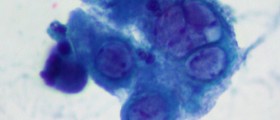
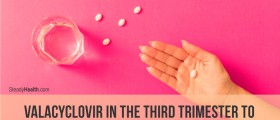
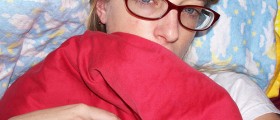
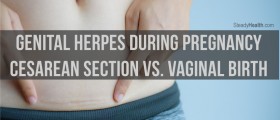
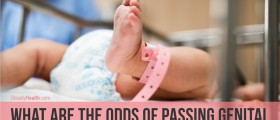
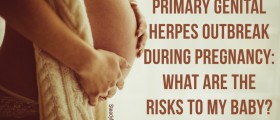
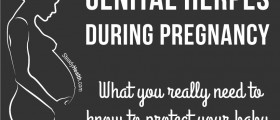

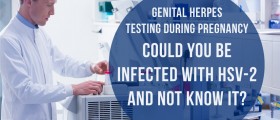
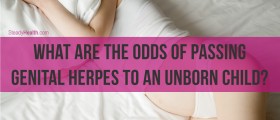
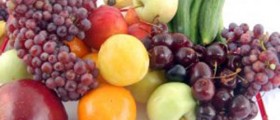

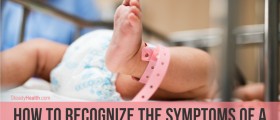
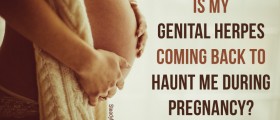

Your thoughts on this
Loading...